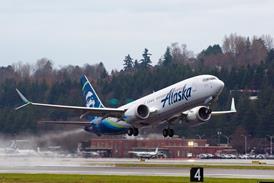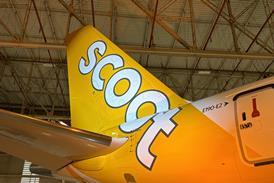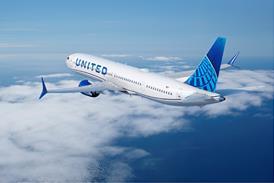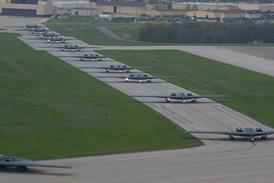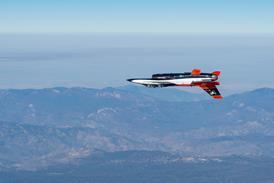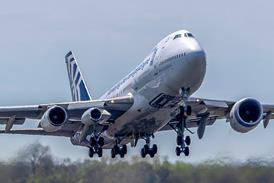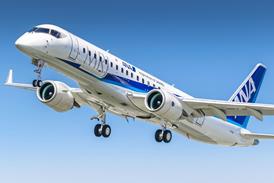US safety regulators are set to order airlines to replace low-pressure turbine (LPT) blades on some Pratt & Whitney PW1100G engines within as little as 90 days, according to a new US airworthiness directive.
US safety regulators are set to order airlines to replace low-pressure turbine (LPT) blades on some Pratt & Whitney PW1100G engines within as little as 90 days, according to a new US airworthiness directive.
The directive comes in response to more than 40 failures of the blades on PW1100Gs, which power Airbus A320neo-family aircraft, since 2017. Such failures have prompted regulatory action by other agencies, including India’s civil aviation authority.
The FAA issued the order in response to “multiple reports of LPT third-stage blade failures causing a reduction of engine thrust”, says the directive, made public on 27 November.
“This condition, if not addressed, could result in failure of the LPT third-stage blades, failure of one or more engines, loss of thrust control, and loss of the airplane,” it states.
It takes effect in mid-December. The FAA says no US airlines have affected engines, and P&W declines to disclose the number of affected engines worldwide.
The order is likely to prompt similar orders from regulators in other countries.
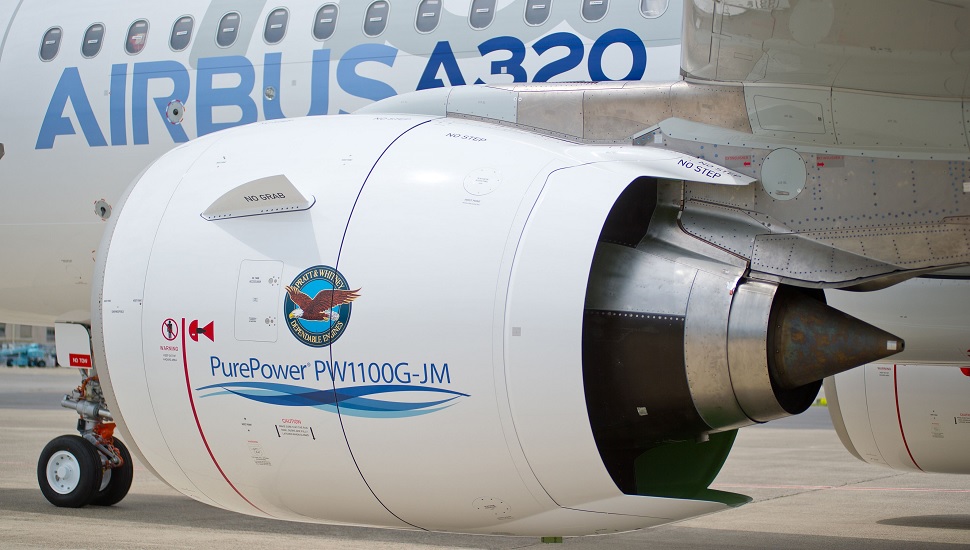
PW1100Gs power Airbus’s line of A320neo-family aircraft
Airbus
The FAA’s order will require airlines to replace affected blades on some engines within 90, 180, 270 or 360 days, depending on the engine’s serial number.
“Pratt & Whitney is working in co-ordination with our airline customers to incorporate upgrades in the low-pressure turbine in the PW1100G-JM fleet to address a known issue,” the engine maker tells FlightGlobal. “These upgrades are already certified and are incorporated into all new-production engines.”
It adds: “We are committed to supporting our customers to ensure minimal disruption during the fleet retrofit.”
The FAA’s directive says the agency received reports of 41 failures involving PW1100G low-pressure turbine third-stage blades since 2017.
“These failures appear to be caused by impact damage occurring when debris passes through the engine,” it says. “The manufacturer determined the need to replace any affected [low-pressure turbine] blades with…blades made from a different material that is more resistant to impact damage.”
The FAA pegs the cost of blade replacements at $785,000 per engine.
It had previously intended to address the issue by requiring airlines to replace affected blades by the next shop visit, but additional failures led the FAA to set the new, more stringent timeline.
Indian authorities had previously ordered that country’s airlines to ensure all PW1100Gs on their A320neos had modified third-stage low-pressure turbines by the end of January 2020.

